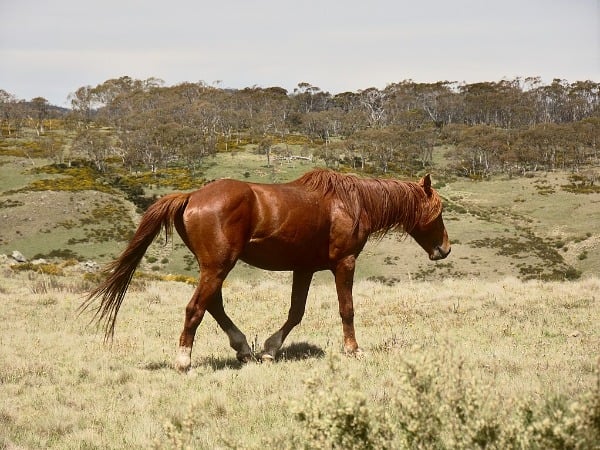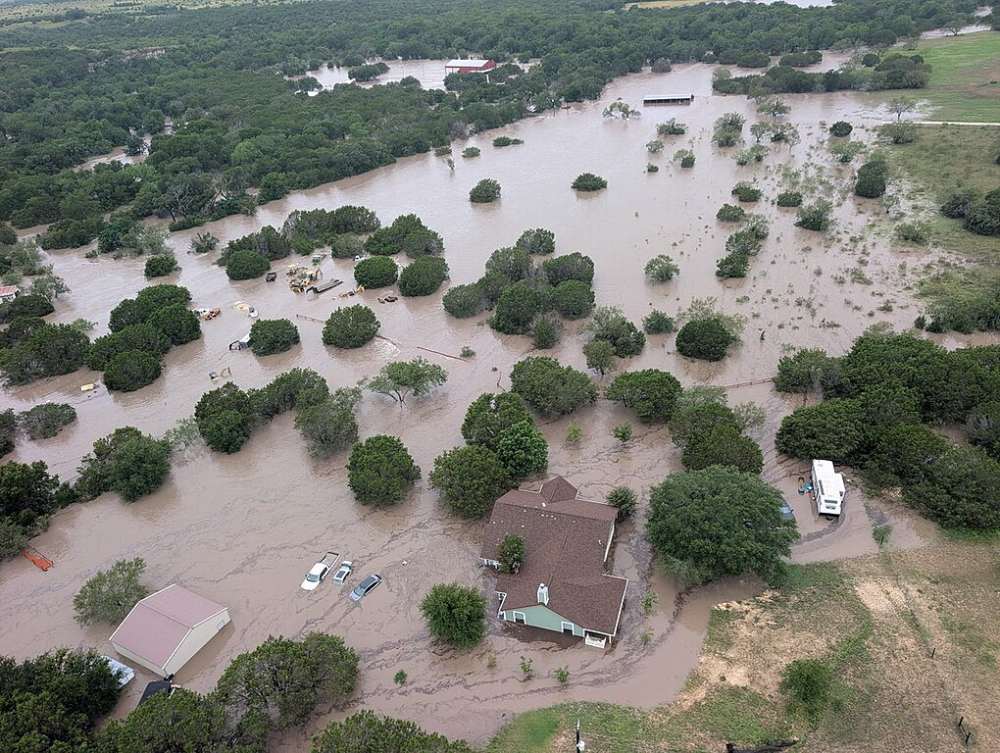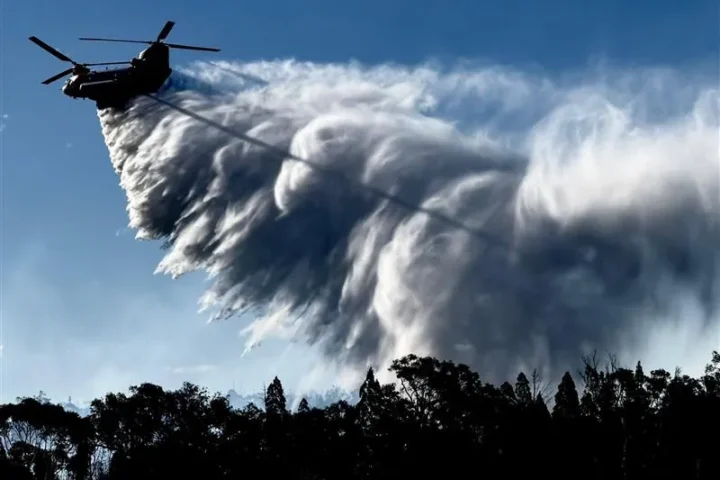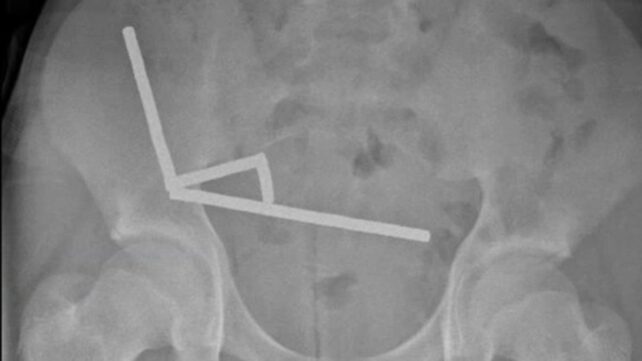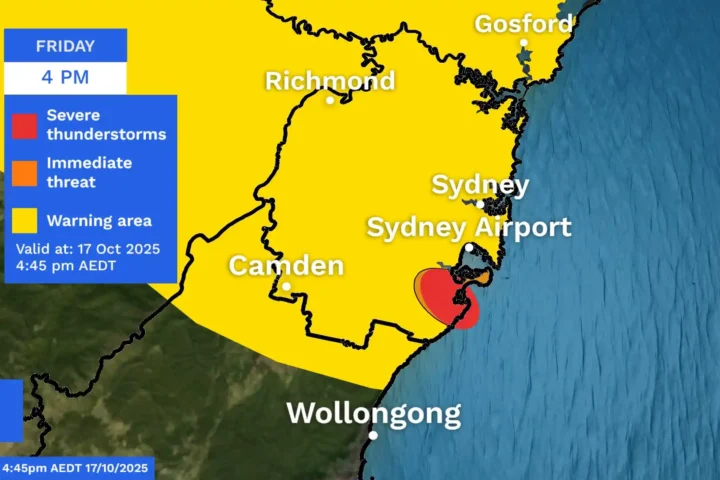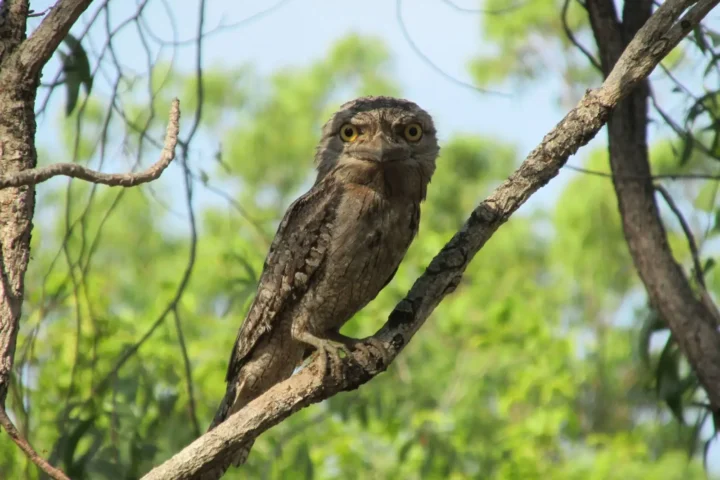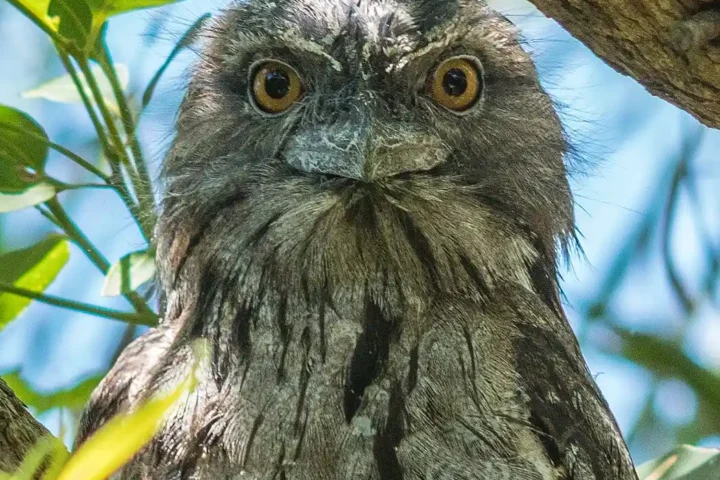An unvaccinated horse in South East Queensland died last week after contracting Hendra virus, marking the first case in the state since 2022. Biosecurity Queensland confirmed the positive test results on July 4, 2025, noting the horse’s condition “rapidly deteriorated” before death.
This case ends a relatively quiet period for the potentially fatal virus. Prior to the 2022 case in Mackay, Queensland had not recorded any Hendra infections since 2017.
What is Hendra virus?
Hendra virus first emerged in 1994 in the Brisbane suburb of Hendra, when it killed a horse trainer and 13 horses in a racing stable. Since then, Australia has experienced 66 outbreaks, resulting in four human deaths and 90 horse fatalities. The most recent human death occurred in 2009.
The virus is deadly to both horses and humans. It kills approximately 80% of infected horses and 70% of infected humans, making it one of the most dangerous zoonotic diseases in Australia.
Dr. Fiona Thompson, Acting Chief Veterinary Officer at Biosecurity Queensland, emphasized the seriousness of the situation: “We are working closely with the horse’s owner to manage the risk of the virus spreading. Tracing and exposure assessments have been undertaken on other horses and animals on the property.”
How does Hendra virus spread?
Flying foxes (fruit bats) naturally carry the virus without becoming sick. Horses typically become infected when they consume food or water contaminated with flying fox urine, feces, or saliva.
The virus can then spread:
- From horse to horse through direct contact with bodily fluids
- From horse to dog
- From horse to human
Queensland Chief Health Officer Dr. Heidi Carroll noted that human infections are rare but potentially devastating: “People who are assessed as having a high level of exposure to the infected horse will undergo prioritized testing for the virus.”
There is currently no evidence of human-to-human transmission or direct flying fox-to-human spread.
Similar Posts
What are the symptoms?
In horses, early signs can be difficult to identify as they may resemble other illnesses. Symptoms include fever, increased heart rate, and restlessness.
Humans infected with Hendra virus typically develop flu-like symptoms including fever, cough, sore throat, headache, and fatigue. In severe cases, the infection can progress to encephalitis (brain inflammation), causing headaches, drowsiness, and potentially death.
Prevention is key
Vaccination remains the most effective protection for horses. The Equivac® HeV vaccine, developed by CSIRO, was the world’s first commercial vaccine for a Biosafety Level 4 disease agent and provides strong protection.
“Veterinarians and horse owners must continue to work together to promote vaccination and biosecurity practices that help protect both animal and human health,” said Dr. Gemma Chuck, Australian Veterinary Association president.
Currently, no vaccine exists for humans, making prevention even more critical.
Horse owners are advised to:
- Vaccinate their horses
- Remove feed and water containers from under trees where flying foxes gather
- Move horses from paddocks when trees attractive to flying foxes are flowering or fruiting
- Isolate sick horses immediately
People who interact with horses should:
- Wash hands thoroughly with soap and water after contact with horses
- Cover any cuts with waterproof dressings
- Wear protective equipment when handling potentially infected horses
- Wash exposed skin immediately if it contacts a horse’s bodily fluids
Environmental factors increasing risk
Research shows that human activities like habitat destruction and climate change are forcing flying foxes into urban and agricultural areas as they search for food. This movement increases the risk of Hendra virus jumping to horses.

Scientists have also discovered that stress in flying fox populations can trigger increased viral shedding, making transmission more likely.
Economic impact on horse industry
Beyond the immediate health concerns, Hendra virus outbreaks significantly impact Australia’s horse industry and veterinary profession. Some veterinarians have stopped treating horses due to infection control costs and workplace safety concerns, creating a shortage of equine specialists.The current case serves as a reminder that Hendra virus remains a persistent threat requiring vigilance from horse owners, veterinarians, and health officials. Biosecurity Queensland continues monitoring the situation closely while emphasizing that vaccination and good hygiene practices are the best defenses against this deadly virus.
